I had the opportunity this week to visit Harpers Ferry, West Virginia, a historic town that sits on a ridge at the confluence of the Potomac and Shenandoah Rivers.
I knew little about the town, other than a page or two in my high school history class about abolitionist John Brown’s failed assault on the town’s armory in an attempt to foment a slave rebellion in 1859 — a brazen act that led him to become the first American executed for treason.
A few weeks ago, the town came up in unexpected circumstances. My daughter’s fifth-grade class performed a play about the expedition of Meriwether Lewis and William Clark, who explored the newly-acquired lands of the Louisiana Purchase and found an overland route to the Pacific Ocean.
Say what you will about L.A. public schools (and there is much to lament), but the kids taught me something: the journey started at Harpers Ferry.
That made me curious to explore the place. I had never thought of Harpers Ferry as a gateway to the West, but its strategic location made it so, and its armory, built by order of President George Washington, provided Lewis many of his supplies. Upon arriving at the town, I was intrigued to find many monuments to Lewis, including a replica of the “collapsible” iron boat on which he worked so hard, yet had to abandon on the Missouri River.
The armory itself no longer exists, save for a few archaeological remnants: it was burned by retreating Union troops when the town was taken over by Confederate troops in 1862.
Likewise, the Chesapeake and Ohio Canal, built just before the Civil War to reach the interior of the country, was abandoned a century ago. But the rail line that was established before that war is still in use, and there are even a few daily passenger trains to D.C.
The town includes a key portion of the Appalachian Trail, and I met many hikers who had stopped to rest in Harpers Ferry in the midst of a months-long trek.
The trail takes in a view that Thomas Jefferson himself once admired. It also passes the towering St. Peter’s Catholic Church, built during the great Irish migration of the 19th century.
The town also included a few Jewish families. There is even a monument to Simón Bolivar in an adjacent town named for the South American revolutionary.
John Brown’s rebellion, which shocked the town and helped trigger the Civil War, is remembered in a solemn obelisk near the railway.
What surprised me, however, was that the town’s Confederate history is also present.
Walking up the street from the historic district to the town on the hill above, I was surprised to find a bed and breakfast that operates from a home that Confederate General “Stonewall” Jackson used as his headquarters.
Not far away sits the campus of Storer College, one of the nation’s most important black colleges, which was established just after the Civil War and remained in operation until 1956.
In 1906, it welcomed delegates to the second meeting of the Niagara Conference, which later provided the foundation for the National Association for the Advancement of Colored People (NAACP), still the country’s preeminent African-American organization.
So many layers of history in one small place. We are barely three years removed from a moral panic in which activists demanded the removal of Confederate monuments and place names. Yet here, in Harper’s Ferry, an openly Confederate site and a prominent black institution are just a short walk apart.
We deny ourselves the experience of that richness when we insist that history conform to our contemporary sensibilities and desires.
Joel B. Pollak is Senior Editor-at-Large at Breitbart News and the host of Breitbart News Sunday on Sirius XM Patriot on Sunday evenings from 7 p.m. to 10 p.m. ET (4 p.m. to 7 p.m. PT). He is the author of the new biography, Rhoda: ‘Comrade Kadalie, You Are Out of Order’. He is also the author of the recent e-book, Neither Free nor Fair: The 2020 U.S. Presidential Election. He is a winner of the 2018 Robert Novak Journalism Alumni Fellowship. Follow him on Twitter at @joelpollak.
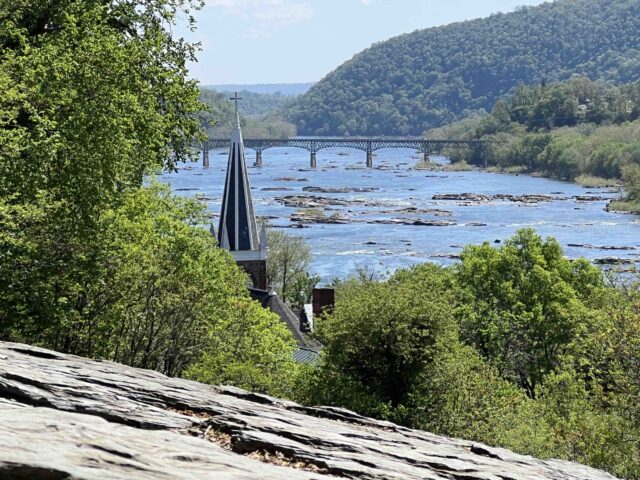
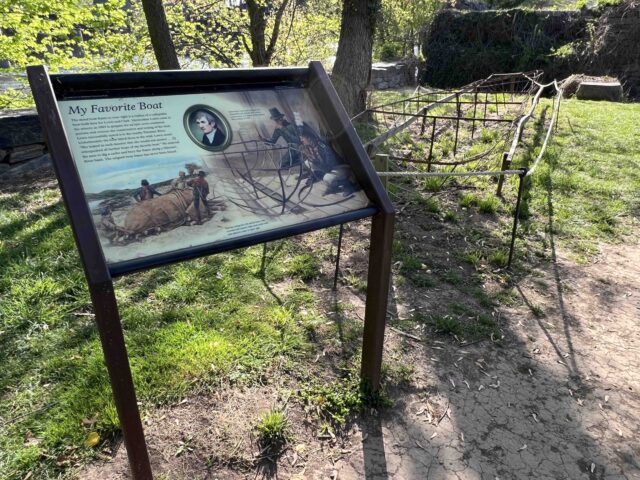
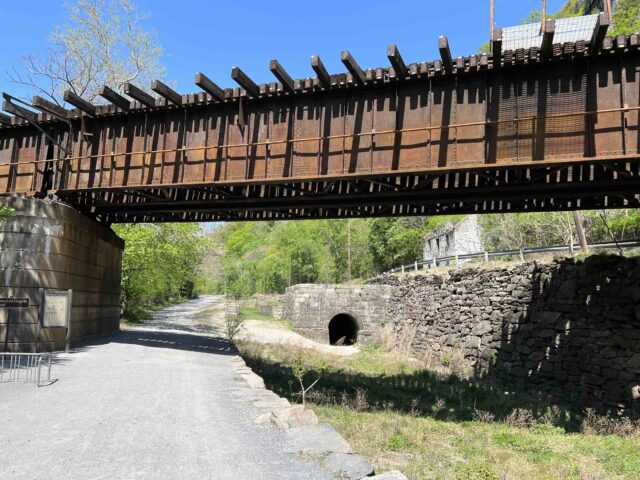
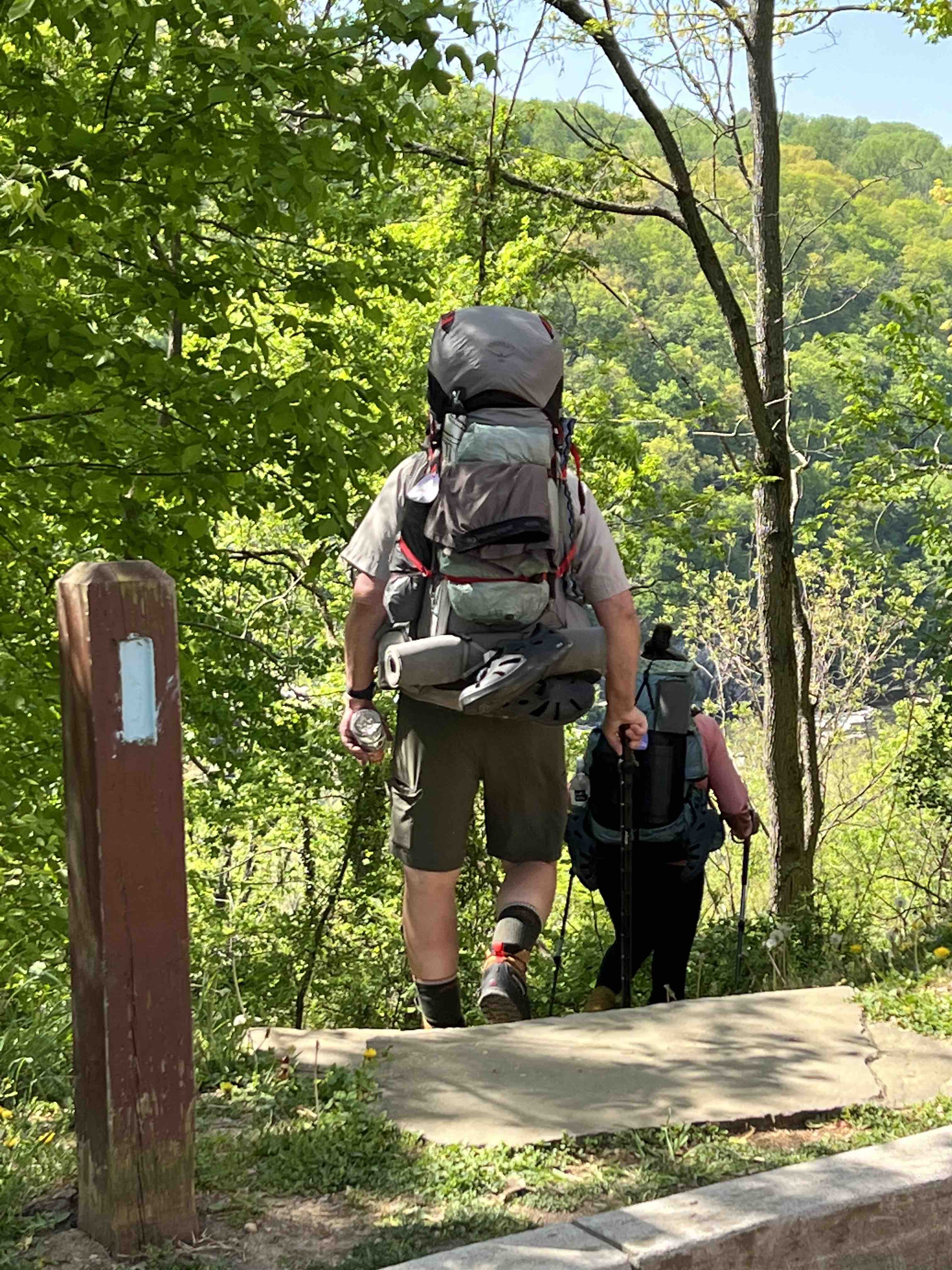
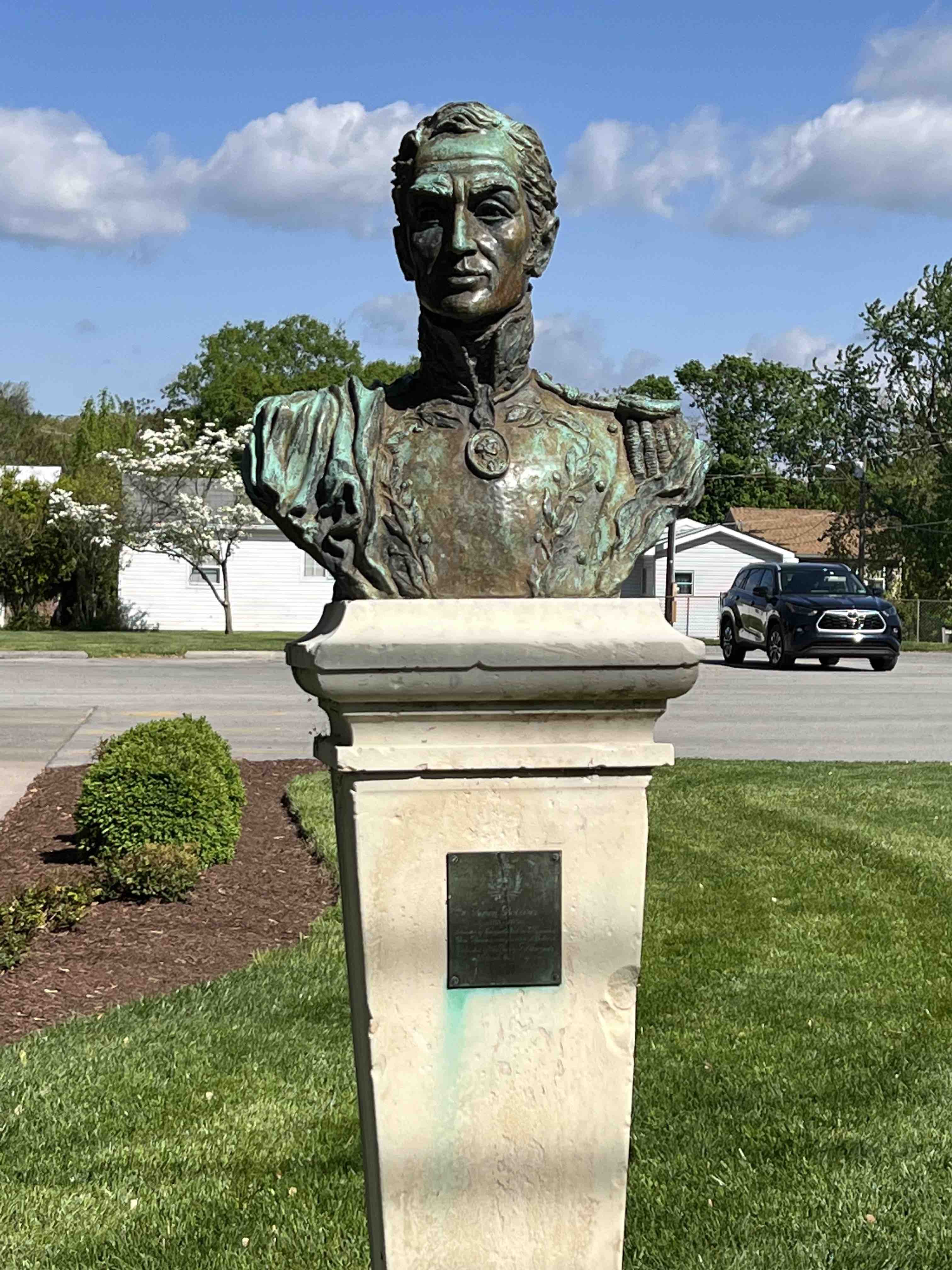
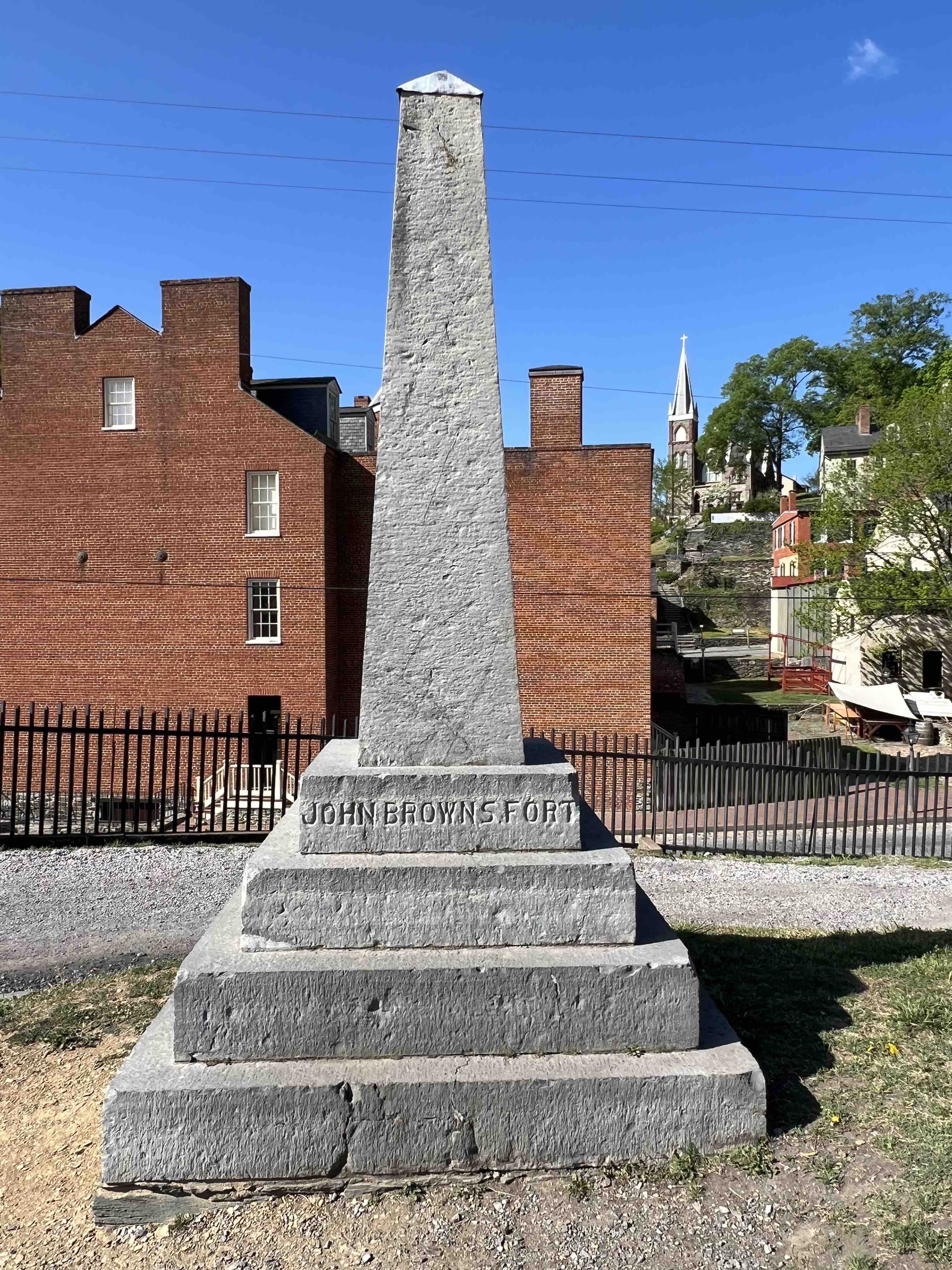
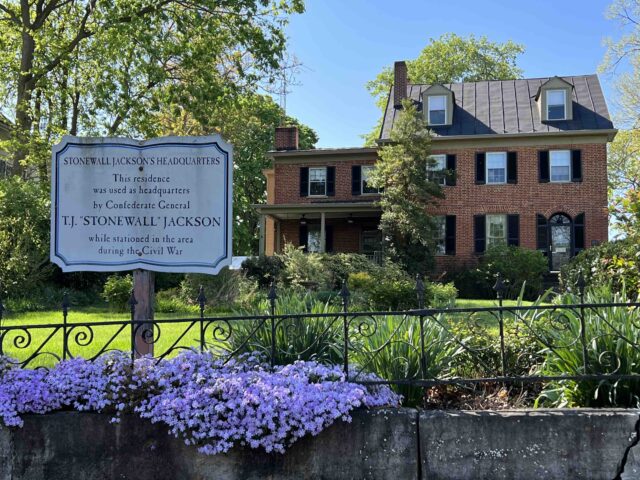
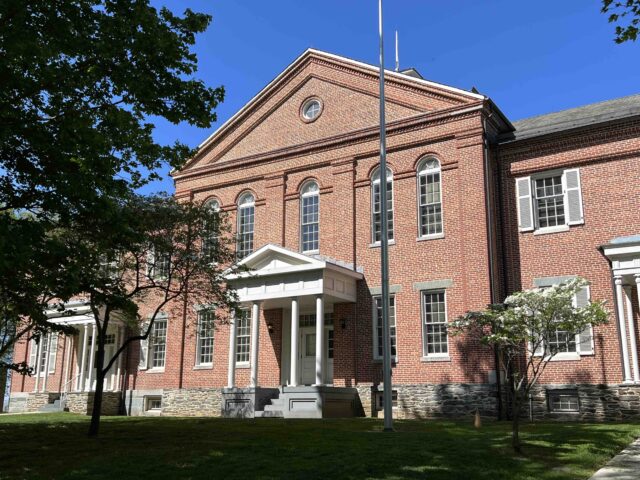
COMMENTS
Please let us know if you're having issues with commenting.